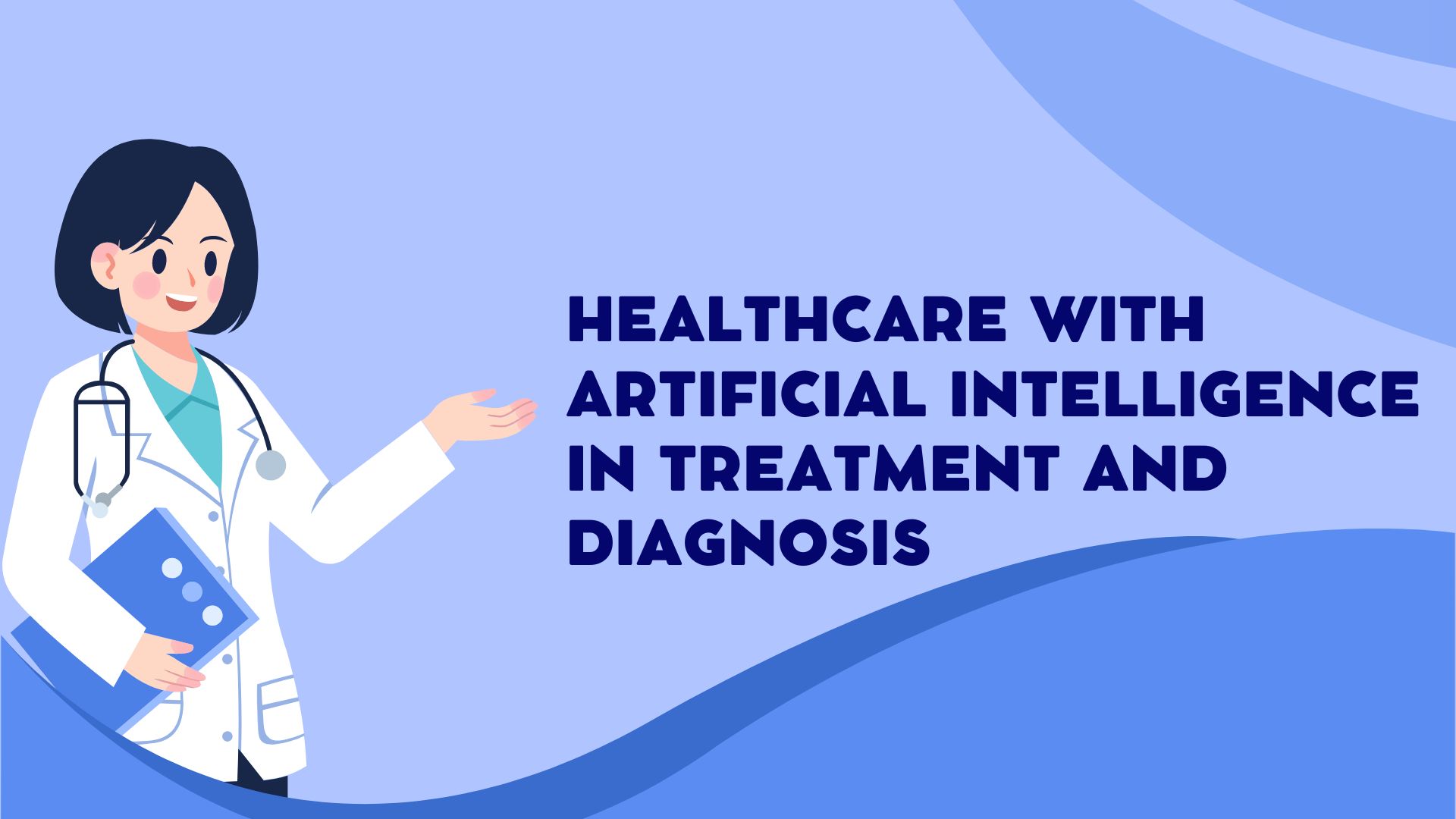Isn’t artificial intelligence the most trending topic these days? We have been seeing Artificial Intelligence emerging as a global tool for almost anything one names. The evolution of AI is taking speed in all the sectors, be it academics, technology and even healthcare. Artificial intelligence in health care has become a game-changer, altering how doctors approach diagnosis and treatment. This development in this sector showcases the ability to enhance accuracy resulting in better patient outcomes, and along with it, optimize healthcare procedures by leveraging the power of machine learning algorithms and data analysis.
Here in this article, we would investigate how artificial intelligence transforms the healthcare sector including assistance in diagnosis and more effective treatment.
Diagnosis is where it begins
Healthcare practitioners with this development, can diagnose patients more quickly and accurately. Large volumes of medical data which includes patient records, lab results, and imaging scans is humanly impossible to be managed, but can be speedily analyzed by machine learning algorithms. It helps to find trends and spot anomalies that maybe any human might miss.Well, this makes it a significant contributor at the first step itself.
Like for example, Artificial intelligence in healthcare systems helps in analyzing medical images, such as X-rays, MRIs, and CT scans, to identify potential anomalies. Artificial intelligence (AI) reduces the risk of misinterpretation and allows timely and swift treatment planning by assisting radiologists in the interpretation of images.
Precise Treatment Planning
Artificial intelligence is revolutionizing treatment planning by making use of patient data, medical literature, and clinical guidelines to develop personalized treatment strategies. Artificial intelligence in healthcare algorithms can analyze vast amounts of patient data, including medical histories, genetic profiles, and treatment outcomes, to identify optimal treatment approaches for individual patients.
Do you know about Precision medicine? Let me explain, Precision medicine is where treatment strategies are planned and custom-made to a patient’s particular genetic profile and other pertinent characteristics.Artificial intelligence algorithms can help in anticipating a patient’s response to a particular prescription by combining genetic data with patient features and clinical data, along-with assisting clinicians in selecting the best treatment and dosage. This not only increases the effectiveness of the treatment but also lowers the possibility of negative drug reactions.
Additionally, decision support systems of artificial intelligence may help in analyzing patient data in real-time, warning medical personnel of potential hazards and offering evidence-based advice.The utilization of Artificial intelligence in healthcare systems helps in spotting early warning signals by continually monitoring patient vitals, symptoms, and therapy reactions which enables proactive treatments and better patient outcomes.
Virtual Assistants and Chatbots making it easier
Thanks to chatbots and virtual assistants powered by artificial intelligence, it is revolutionizing the way patients interact with healthcare systems. AI offers quick solutions and quick access to information, symptom triage, and fundamental medical guidance. Thus, it helps in improving patient engagement and lightening the load on healthcare professionals.
How else does AI help in the health care sector? The Above mentioned is not where it ends. Patients can also use virtual assistants to check their health metrics, manage their medicine, and understand their medical issues. Quick diagnoses are made by Chatbots by questioning patients about their symptoms and medical history, offering significant information and guidance. These chatbots also help in advising on the best course of action, including going to the emergency room or making a non-urgent appointment.
Conclusion
Through accurate and timely diagnosis, Artificial Intelligence in healthcare is revolutionizing the field. Treatment planning powered by artificial intelligence offers precise and individualized interventions, increasing treatment effectiveness while reducing side effects to the patients. As artificial intelligence is developing, it has the potential to significantly improve healthcare delivery.









